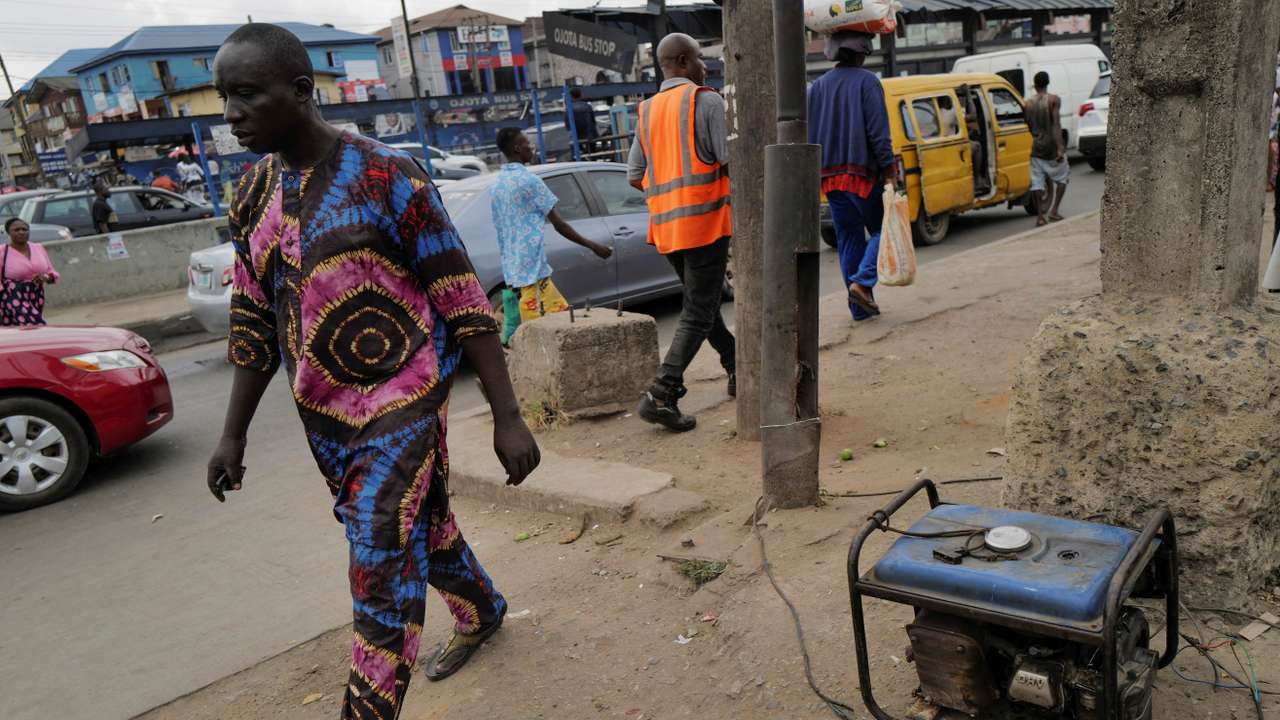86 million Nigerians without electricity access – AfDB president

Nigeria holds the unfortunate distinction of having the highest population of people living without electricity worldwide, according to Akinwunmi Adesina, President of the African Development Bank (AfDB).
Adesina, a Nigerian economist who previously served as Minister of Agriculture and Rural Development of the West African nation made this revelation during the 90th birthday celebration of former Nigerian Head of State, General Yakubu Gowon.
"Approximately 86 million Nigerians lack access to electricity, making Nigeria the leading country globally in terms of the total number of people without electricity," he disclosed.
The AfDB president also highlighted the significant economic impact of the country’s power shortages, stressing that the unreliable electricity supply is crippling Nigerian businesses and industries.
"It has been estimated by the IMF that Nigeria loses about $29 billion annually, or 5.6% of its GDP, due to the lack of a reliable power supply. The report also indicates that Nigeria spends $14 billion per year on generators and fuel," Adesina stated.
He went on to describe how deeply entrenched the reliance on alternative power sources has become, saying, "The lack of electricity is killing Nigerian industries. Today, no business can survive in Nigeria without generators. Consequently, the abnormal has become normal."
Despite Nigeria's rich natural resources, including gas and crude oil, millions of Nigerians live without power. Adesina expressed concern, adding, "Nigeria has gas and crude oil in abundance, yet 86 million people live daily without electricity."
Adesina also spoke on the AfDB's ongoing efforts to address Nigeria’s power challenges. He revealed that the bank is partnering with the World Bank to deliver electricity to 300 million Africans, including Nigerians, by 2030, through a significant investment programme called "Mission 300."
"We have invested $210 million in the Nigeria transmission project to strengthen the grid and support power evacuation and regional interconnection. To fill Nigeria’s electricity access gap, we’ve provided $200 million for the Nigerian electrification project," Adesina explained.
"The President of the World Bank and I made a decision in April that the two banks will connect 300 million Africans, including Nigeria, to electricity by 2030. That’s what is called Mission 300—the largest such effort in the world," he further noted.